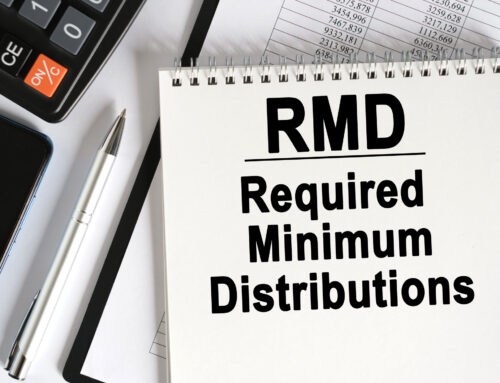
In most cases, you can’t actually keep your money in your retirement accounts forever. Even if you don’t need the money from your retirement accounts, many of them will require you to begin withdrawing from them when you are 73 years old.[1] This is called a required minimum distribution (often shortened to RMD).
More specifically, you must start taking RMDs by April 1st following the year you turn 73.[2] The amount you are required to withdraw is calculated by dividing the value of the account on December 31st of the previous year by a factor based on your life expectancy.[3] The IRS website has tables that can help you to calculate your RMDs. Find them here.
With the Secure Act 2.0, designated Roth 401(k) accounts in 2024 will not have to take RMDs in their lifetime.[4]
So why can’t you just leave your money in your account? It’s your money, after all. The reason RMDs exist is that many retirement accounts are pretax vehicles, meaning the money that you have put into them has not been taxed yet. If you could leave the money in the account indefinitely, the government would never be able to tax the money.[5]
One thing to note: you can take the money out of your account at any time. It is often recommended that you be strategic about your withdrawals (because of various tax interactions), but once you are old enough to withdraw from your accounts, you have unlimited access to them. So you can take more than your RMDs once you begin to withdraw them; you are not required to take only the specified amount outlined in the RMD table.
RMDs are very important to understand for inherited retirement accounts. If you pass away and your beneficiary receives the contents of your retirement account, it is possible they will have to immediately begin taking RMDs.[6]
There are major penalties for not taking RMDs–if you don’t begin to take them when you are required to, the amount not withdrawn is subject to a 25% tax. [7]
Planning for RMDs is essential for retirement planning. If you are looking for more information about RMDs, or retirement in general, feel free to Click HERE to reach out to us at Mercer Advisors, and we can guide you through this complex process.
[3] https://www.irs.gov/retirement-plans/retirement-plan-and-ira-required-minimum-distributions-faqs




